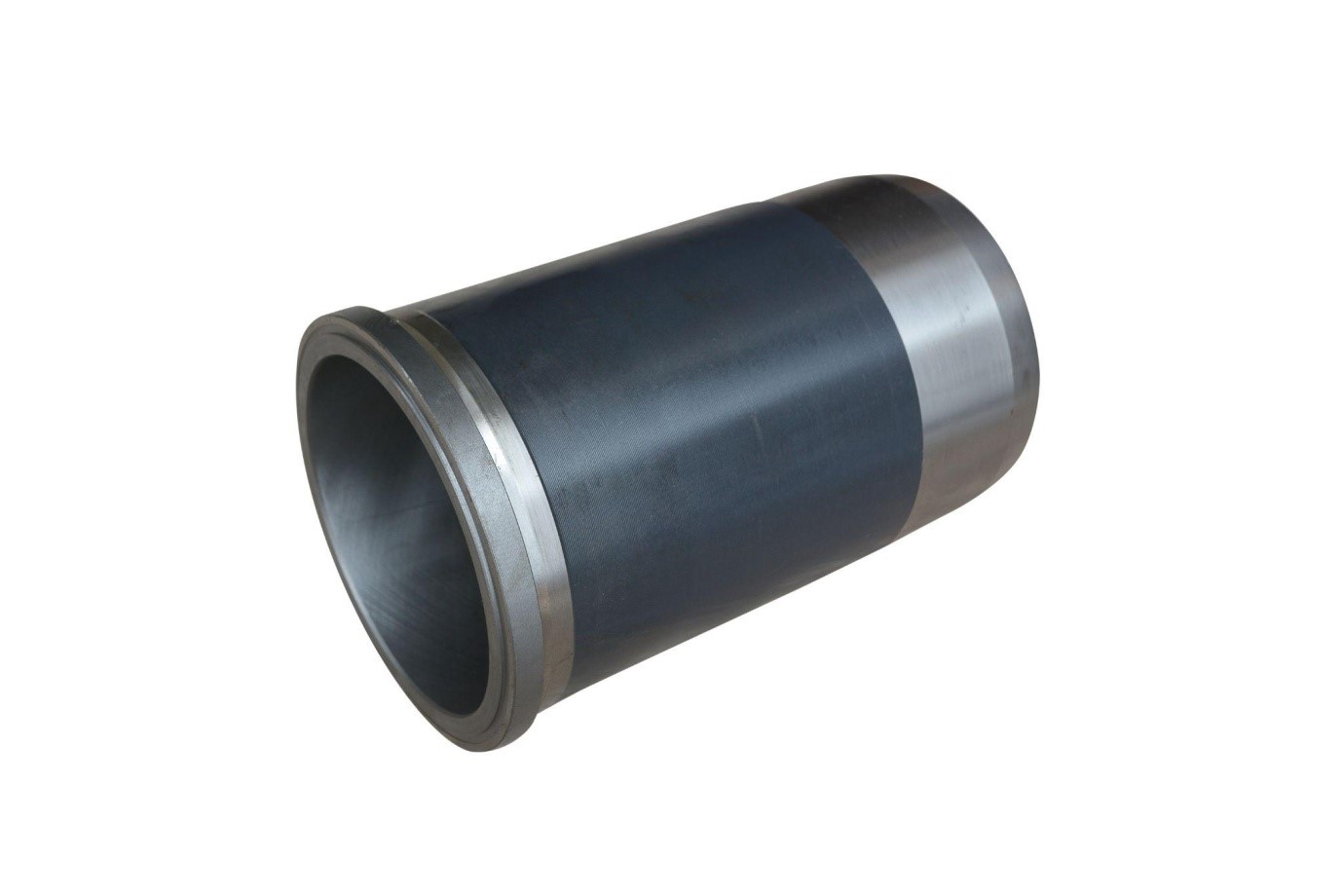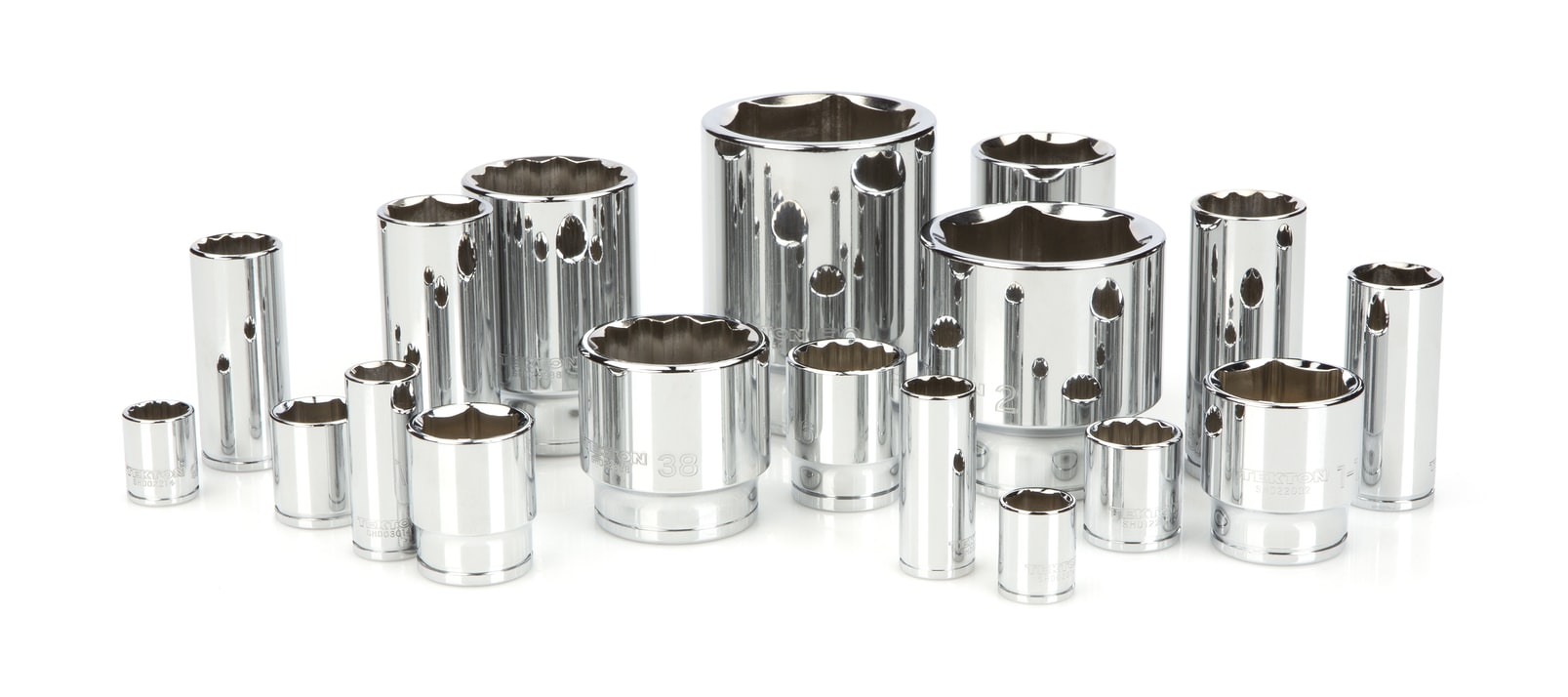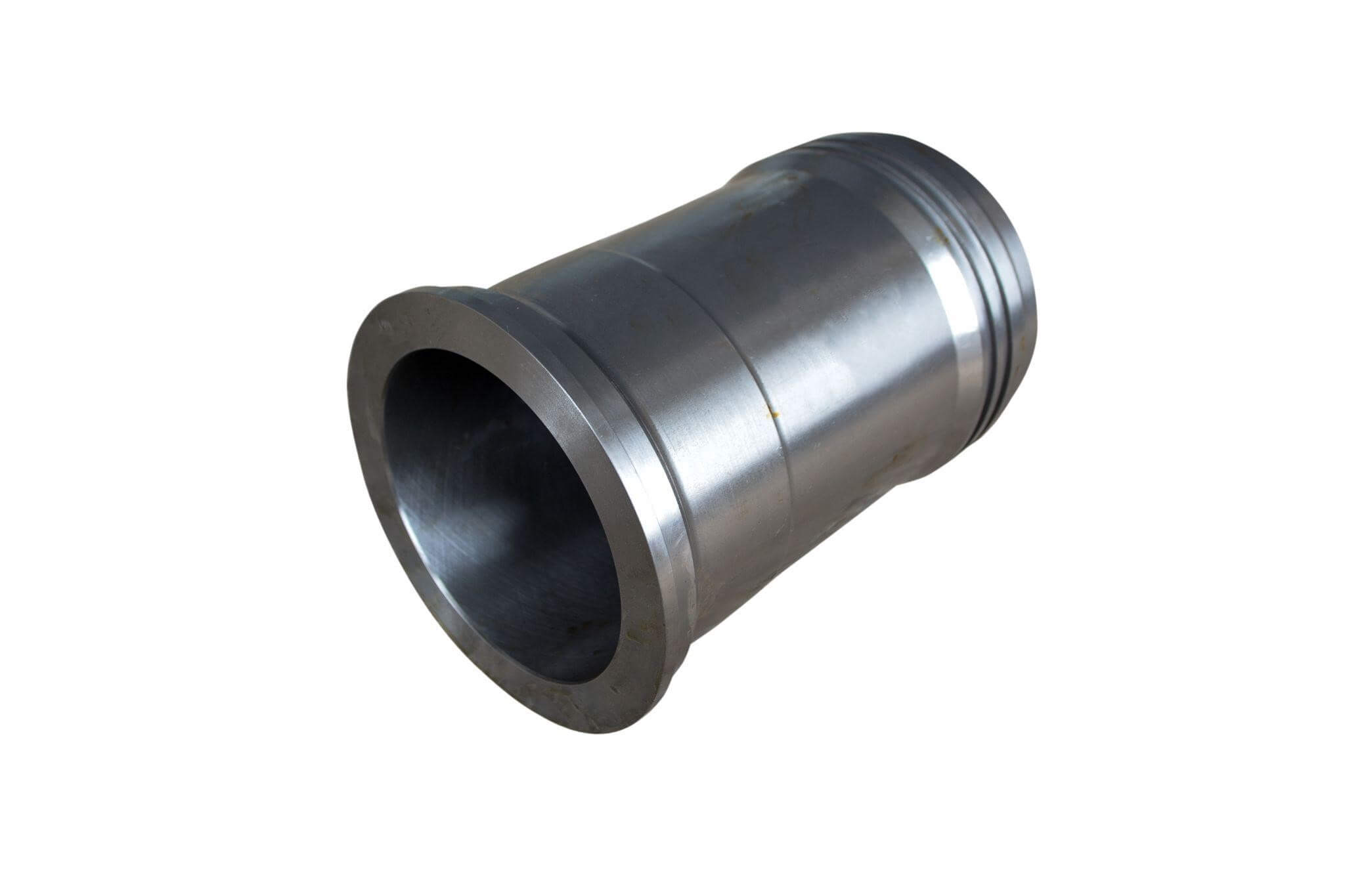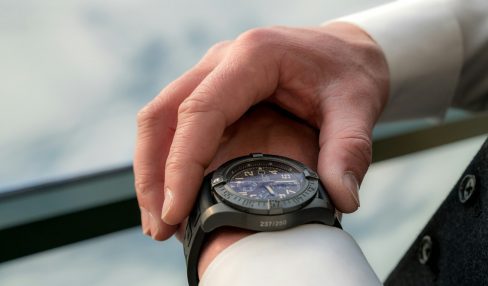The Manufacturing Process Of Auto Liners
4 Mins Read
Published on: 13 January 2022
Last Updated on: 23 December 2024

toc impalement
An engine’s performance relies mainly on the toughness of its cylinder liners. That said, it is a critical component that ensures smooth operations of the engine. Auto liners or cylinder liners are manufactured and made to fit the truckers, rugged haulers, and sophisticated SUV drivers.
At times the iron and the aluminum cast of the engine components get damaged because of the regular use of machines, and therefore to protect it from all possible wear and tear, you can use liners. The liners protect the engines from experiencing wear and tear. Furthermore, it also helps protect the machine from damage and cracks of all kinds.
Specialized cast iron is used to produce cylinder liners and machined using two-stage drilling for best results. To achieve the right roughness, you need to hone the liners. Robust cylinder liners are made precisely to ensure that the engines work as expected and provide the desired results.
That said, high-strength cylinder liners boast enhanced engine performance and keep them free from all external impurities. Quality liners are produced to meet international standards and have high-quality and precision casting.
Types Of Auto Liners

Generally, there are two types of auto liners:
- Dry auto liner: These are used to protect the piston. More precisely, they are designed to stand the temperature and safeguard the machine from other impurities.
- AsaWet auto liners: These are used to distribute the impurities and heat from the machine.
The Auto-Liners Manufacturing Process
- Firstly, the raw material needed for the manufacturing process needs to be produced. This includes Iron Scrap, Pig Iron, and cast Material. Under this step, different components are used in different proportions to prepare other raw materials. However, note that the composition depends on the type of vehicle.
- After preparing the raw material, the conglomerate is melted in an induction furnace. This furnace gets heated continuously under a controlled electric supply for a specific period. During this process, the melting temperature is obtained up to 1400-2000°C.
- Next, a small quantity is examined in a cup to study the composition of the material. Then, the quality and amount of manganese, carbon, and silicon are checked through an in-house metal analyzer.
- Consequently, other impurities like phosphorus and sulfur are brought to the desired level. Alongside, metals like molybdenum, copper, nickel, and chromium are added in specific quantities depending on the product’s hardness, surface, and strength.
- Next, place the melted metal into ladles and you need to pour them into the rotating machine. Following this step, an inspection takes place. The custom-made fixtures and jigs must act like a GO, NO GO gauge throughout the manufacturing process. In addition to this, you must examine each piece closely to spot potential casting defects or cracks. Also, you must check the thickness of the material.
(You can examine the thickness and hardness of these pieces with the help of Brinell Hardness Tester).
Why Manufacture Cylinder Liners?

Fabauto Liners serve several functions to ensure that the engine works as expected and provides the desired outcome. Hence, they are critical and you should use them on almost all engines.
- Forms a sliding surface: A cylinder liner sits tightly when the valve is placed, and hence this prevents combustion gas or compressed gas from leaking into the manifold between the valve seat and the valve. The liners have low self-friction, high resistance against burning, low lubricating oil consumption, and low friction with the piston ring.
- Ensures Air Tightness: liners prevent the compressed gas and combustion gas from leaking out. Also, the liner should be prone to deformation due to the high temperature and pressure maintained inside the cylinder.
- Conduction of Heat: It helps reduce the cylinder and valve head friction simultaneously.
Cylinder liners do more good than what people imagine. They ensure a long life of the engine while ensuring smooth operation. Different auto liners are available based on the specific needs and kinds of engines. Depending on your needs and requirements, you can choose to buy one and ensure that you get the desired outcome.
They play a huge role in protecting the equipment from corrosion and rust. Using professional liners is the best option for you if you want to protect your machine’s engine. They provide protection and waterproof the engine, and if done professionally, they also add value to it. Liners are also easy to take care of and clean. Make sure to clean them regularly to ensure that they last long. For more information, check this out.
The Bottom Line
These liners are soaked into a unique anti-corrosion agent after the manufacturing process is over. These steps help to increase the product’s lifespan. Follow the above-mentioned steps to manufacture the auto liners in the best way possible.
Read Also:


















Comments Are Closed For This Article